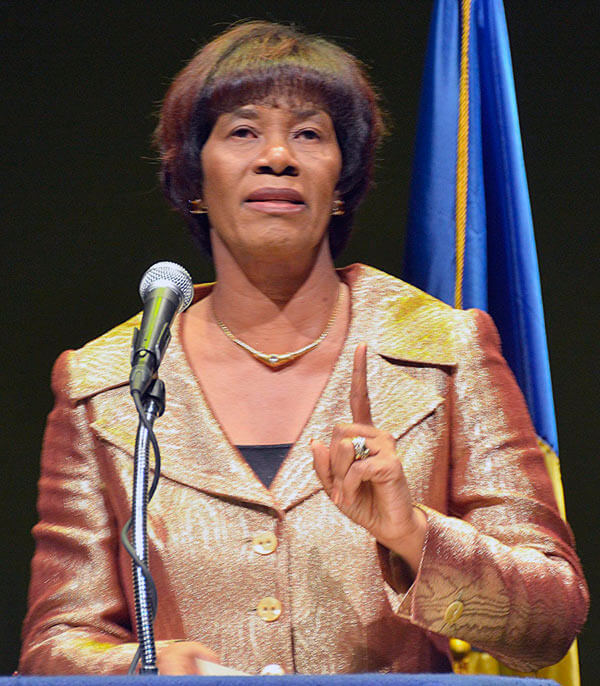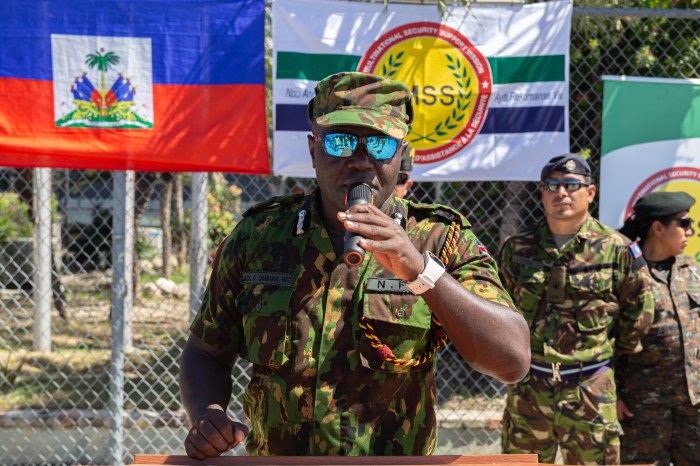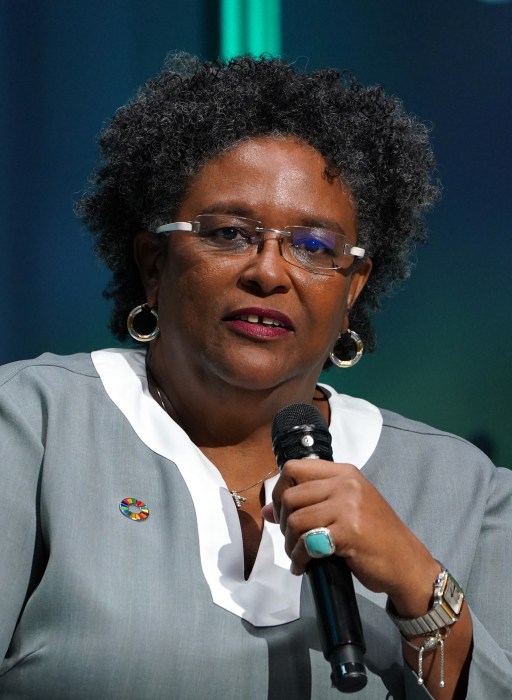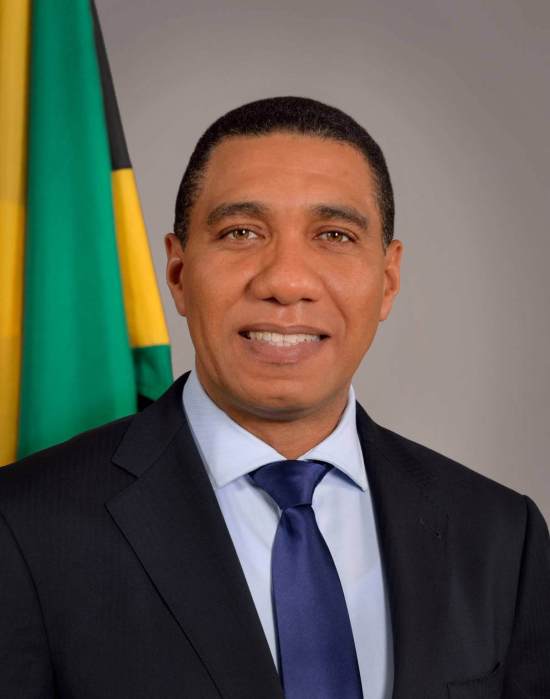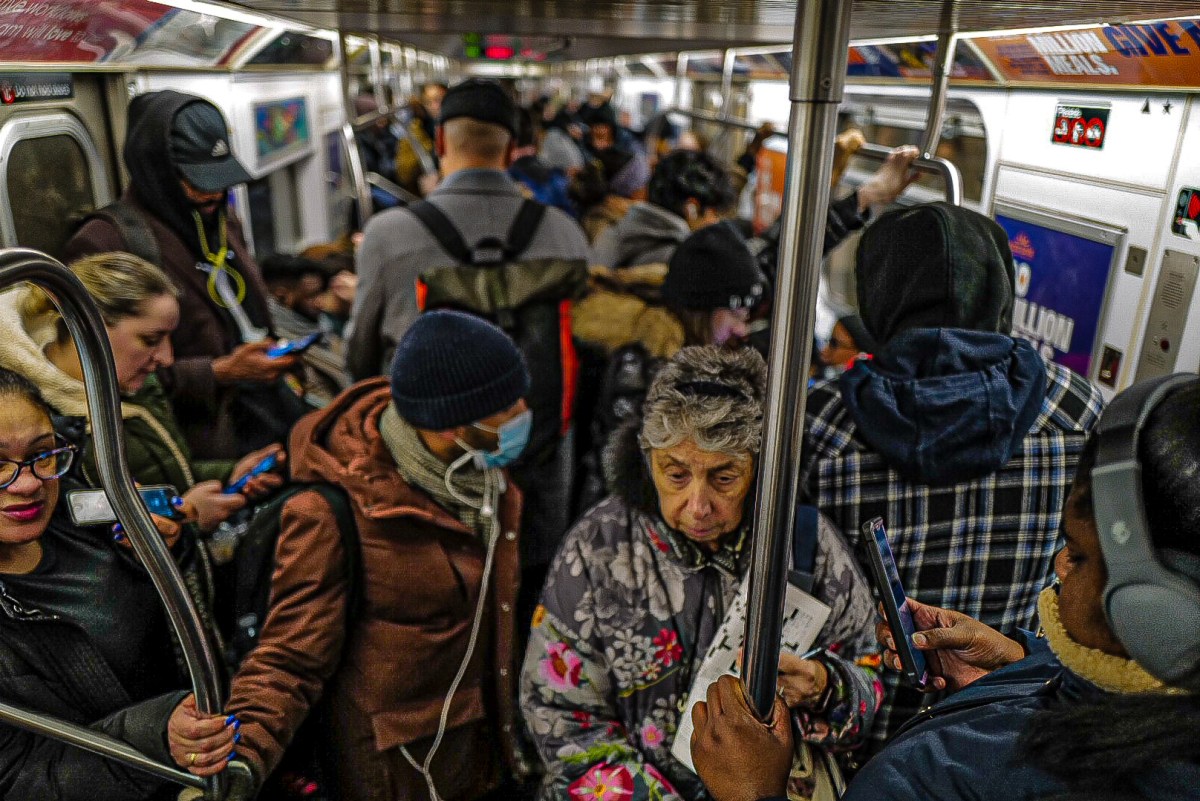Caribbean governments are cash-strapped, and in the face of continuous hurricane destruction they should be innovative and capitalize on the presence of transnational companies in the region to build capacity to resist and cope with storms.
That is one of the messages former Jamaica prime Minister Portia Simpson-Miller flew into Barbados to deliver this week, as she noted that Caribbean islands are in the forefront of countries suffering the brunt of climate change.
In the wake of three hurricanes that have swept across the region so far for 2017 leaving death and destruction behind Simpson-Miller has called for enforcement of a common building code and a boosting of disaster funds.
Delivering a lecture for the Barbados Small Business Association at the University of the West Indies, Cave Hill Campus, Tuesday night she said that leaders of the region need not go it alone in building capacity.
“Island economies are not resource-rich nations and one hurricane can wreak havoc many times our GDP, leading to decades of rebuilding and reconstruction.
“It may well be time to engage the support of international companies who do business in the region, such as the airlines and cruise companies to contribute to such a fund.”
The Jamaican who led her country for a total of five years spanning two terms said that the time for action is now with global warming putting the proverbial writing on the wall for the region.
“Whatever anyone else wants to say, or think, climate change is real,” she said, adding, “this is especially so for those of us who occupy small, vulnerable island states. [We] will continue to be confronted by the effects of climate change with more of these intense and deadly disasters.
Let us not wait for another [hurricane] Irma or Maria to begin to do what we know has to be done”.
It is believed that with global warming producing a more heated Atlantic Ocean surface, which along with wind create the breeding conditions for hurricanes, storms of higher intensity will be hitting the string of islands in the future.
Against such a backdrop Simpson-Miller recommended people of the islands get ready for this reality.
“The Caribbean region must come together now, fully understanding that in any given year, at least one territory in the region is likely to be severely impacted by one disaster or another.
For sure it does not help in taking comfort or breathing a sigh of relief that it was them and not us.
“We are one Caribbean people, one region facing a common environmental threat and we must be fully prepared to confront this threat of climate change together.”
She also called for a pooling of regional resources to deal with these eventualities as there is no escaping hurricanes in the Caribbean.
“It is therefore time for the region to adopt appropriate building codes which can withstand these disasters.
“The governments of the region must commit to and seriously support the regional disaster fund.”


